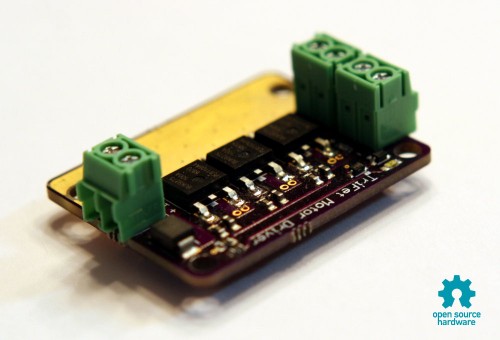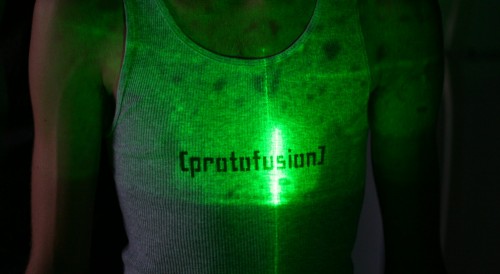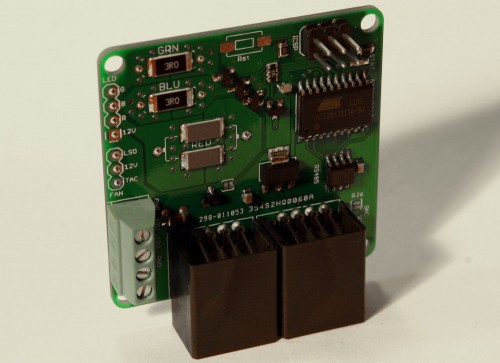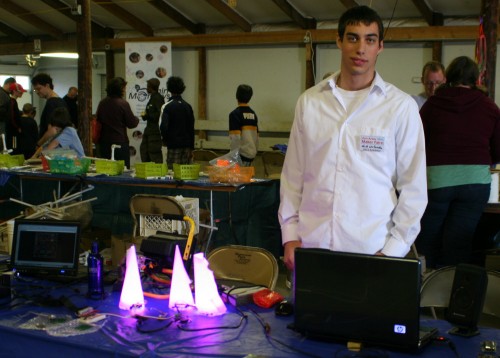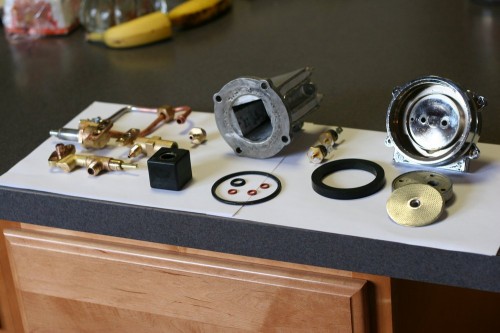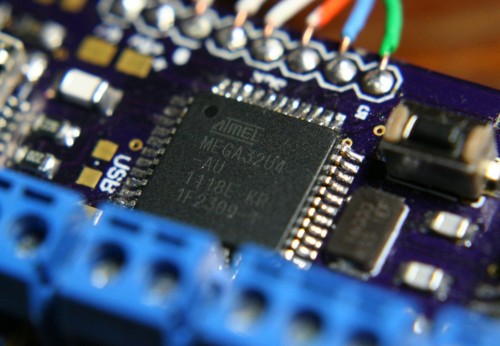CANable
USB to CANbus Adapter
A small open-source USB to CAN adapter with cross-platform compatibility and an easy-to-use Python library. Now only $30!
Now available from the Openlight Labs store
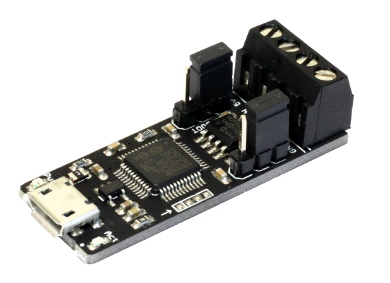
2013
ridik: apostrophe ninja
2012
TriFet Motor Driver
The TriFet is a 3-nMOS one direction motor driver rated for up to 60A of continuous current. This motor driver is perfect driving high-current solenoids, motors, small electric vehicles, and other high current switching applications. I have released this design as open-source hardware, feel free to modify and fabricate it yourself!
2012
Project Updates
Want to receive project update emails every once in a while when we release updates to ProtoFusion projects? Send an email to e@ethanzonca.com or drop a comment and I’ll add you to the list. Once our newsletter is properly configured, you will be able to subscribe via an online form.
For info on specific projects, check out
2012
Maker Faire Detroit ’12
Check out the ProtoFusion booth at the Detroit Maker Faire on July 28-29 at The Henry Ford in Dearborn, MI! We’ll be showing off our Luma music-synchronized lighting nodes and our inexpensive PID system for espresso machines.
2012
MNL Updates
Luma Node
Revision 3 Luma high-power RGB controller boards just got back from the fab, and we’ve populated and tested the first of the boards. The new boards include a 3-pin fan connector (power, ground, and tach) as well as improved thermal dissipation and support for both thru-hole and surface mount current-limiting resistors. The board is also slightly larger with mounting holes on each corner, a significant improvement from our old 3-hole mounting design.
2012
A2 Mini Maker Faire
We had a great time at the Ann Arbor Mini Maker Faire this weekend exhibiting our music-synced networked lighting system (with some pretty awesome last-minute paper cone diffusers). Want to learn more about the project? Check out our latest project posts.
If you want to see more Protofusion projects, including the MNL lighting system, check out our booth at the Detroit Maker Faire later this summer. For more information about the Detroit Maker Faire, check out the event website.
2012
SlatePermutate.org Launched!
The new official deployment of SlatePermutate is now live on slatepermutate.org! Course data is available for the following institutions, with more to come soon:
- Calvin College
- Cedarville University
- Community College of Baltimore County
- Hope College
- Michigan State University
- University of Maryland
- University of Michigan
Want your school supported by SlatePermutate? Let us know!
2012
Gaggia Classic Disassembly and Cleaning
I recently purchased a used Gaggia Classic machine on Amazon. After realizing that it was not as “lightly used” as the seller denoted, I took apart the entire machine to clean it up. I’ve written this guide as a teardown guide, but feel free to read it from bottom-up to get a clear understanding of how to assemble this machine. Feel free to drop a comment if you have any questions or information to add.
2012
Configuring BOPM for TorDNSEL
Background
If you have a working BOPM installation, you are trying to prevent abuses of your IRC network effected through anonymity services such as proxies. BOPM has built-in support for scanning for open proxies. It also has support for looking up clients in DNSBLs, which are used to publish lists of misbehaving or malign hosts. One such DNSBL, called TorDNSEL, provides a way to check users connecting through the Tor anonymity service.
2012
Arduino Leonardo – Interrupts
As of Arduino 1.0, interrupts are not supported on the Arduino Leonardo. I’m working on a project using the atmega32u4 with the Arduino IDE which needs interrupt support for both software serial and frequency counting, so I investigated ways to add interrupt support for this device. I began by checking out the Leonardo pins definition file to see what was missing for interrupt support. Long story short, I ended up copying the macros for interrupt bitmasks/registers from the Teensyduino project, which has a mega32u4 target board. In addition to modifying the pin definition header file, I also needed to modify WInterrupts.c—swapping out the default AttachInterrupt() and DetachInterrupt() funcitons with those from the Teensyduino project.

![ninja throws a throwing star / pacmanesque head throws an apostrophe at the word “dont [sic]”](http://cdn.ohnopub.net/cdn/binki/images/apostrophe-ninja.svg)
